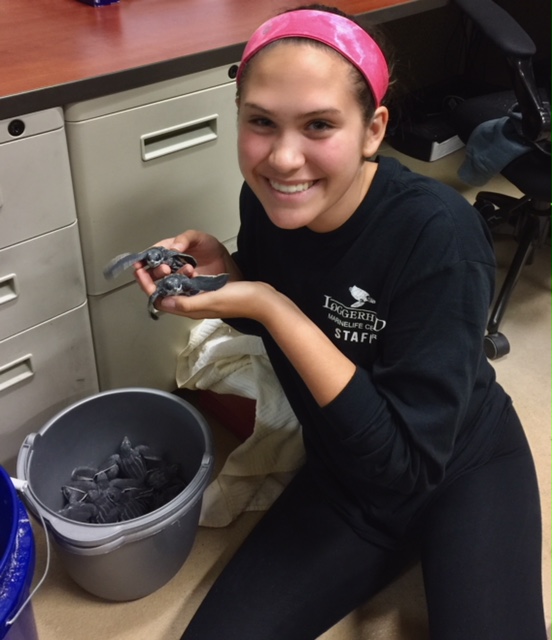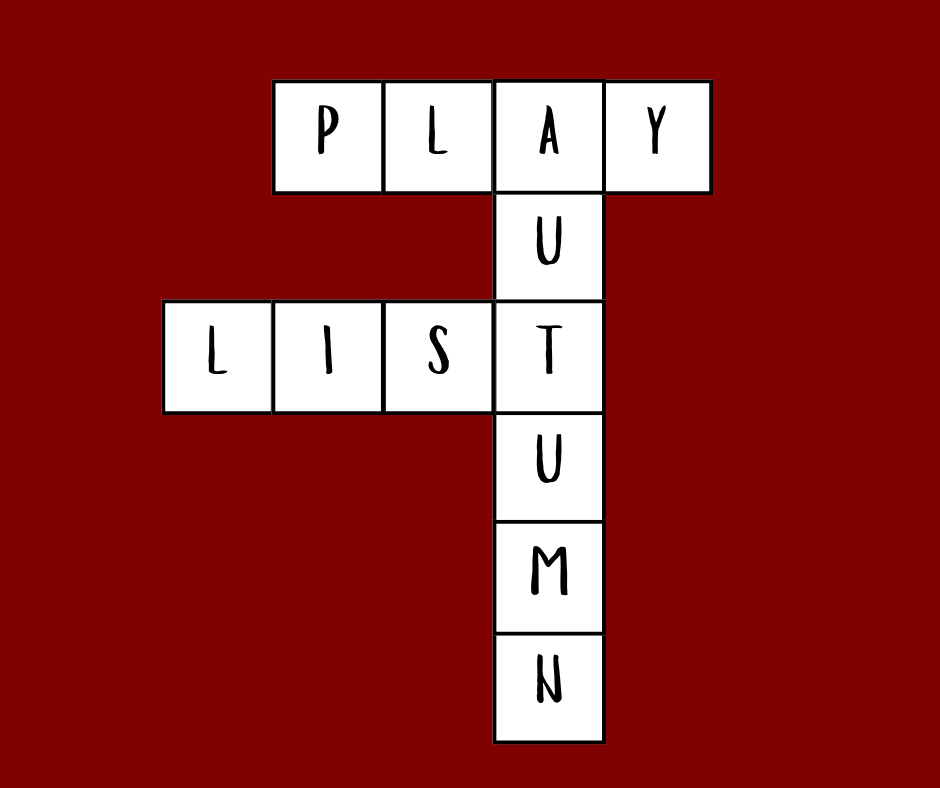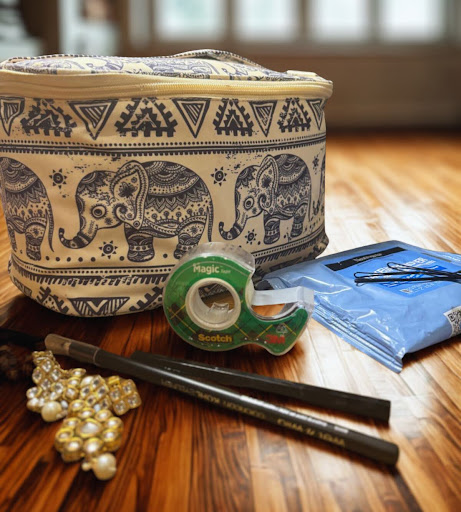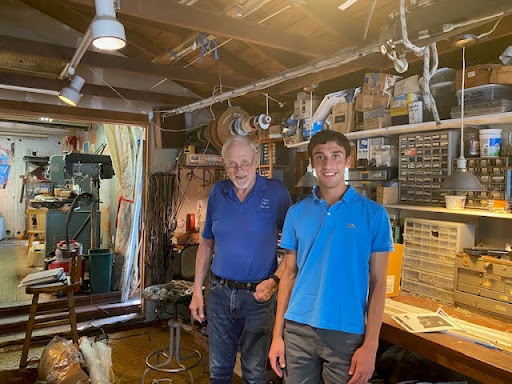Student Profile: Madison T. “seas” Turtles
November 28, 2017
It’s 9 P.M. on a Florida beach. Madison Toonder, clad in military-grade night-vision goggles, crawls on her hands and knees in the sand towards a sea turtle. Her stealth approach pays off and she successfully draws blood from the sea turtle. It is a big deal, the validation she needed after working for years to obtain her permit.
Madison Toonder, a junior at Stanford Online High School, had been pursuing the ability to handle sea turtles for many years and finally embarked on her first night of field work earlier this year.
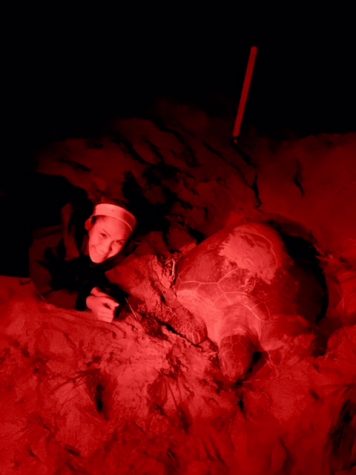
With her mentor, she drew an entire tube of blood from a nesting sea turtle. She recalled that it was “the best experience because they said that people don’t usually get it on the first try.”
Madison has always had a love for animals. She traces her passion back to when she was very young, when all she did was care for them. As she grew older, she began to take part in various camps like the Sea World or Busch Gardens camps where she learned about the importance of conservation.
In 7th grade, a Busch Gardens camp project in Tampa Bay, Florida sparked Madison’s interest to start three years of oyster conservation work. It all started when the camp leaders helped students extract calcium from oyster shells and use them to attract oysters back to the local beach area. After her oyster conservation project, Madison soon enough found herself taking on other different types of conservation and research work.
“Now that I’ve gotten older, I’ve gotten a sense of how everything connects back together…Because we are able to learn so much from environmental indicators like animals, we’ll be able to help ourselves. They are very much connected in ways that I have only recently realized,” Madison shared.
Her work has garnered much national and international recognition. Madison has won 2nd place in the nation for STEM mathematics at the Broadcom MASTERS National Science Competition. She was also appointed to the SeaWorld Busch Gardens Youth Advisory Council, which was designed to promote environmental awareness for American youth. Recently, she was named a finalist in the International Go Blue Awards for her world marine health work to conserve endangered species.
She now works and researches with the Loggerhead Marine Life Center at the University of Miami and the University of Florida Department of Vet Med. She also works alongside her mentor, Dr. Cray, a pathology lab director at the University of Miami (UM).
In order to secure Dr. Cray as her mentor, Madison said that she just reached out to her with a resume and a research concept. Madison had read Dr. Cray’s work in a paper, and it had sparked an interest in her for research. Dr. Cray responded and has been allowing Madison to work with her at the Avian and Wildlife Comparative Pathology Laboratory at UM.
“Now I travel to the University of Miami to do work in her lab and do my own research. It really feels like coming full circle,” says Madison.
Currently, Madison is continuing the immunobiology research on endangered sea turtles that she started two years ago. She is working to better establish reference intervals for acute phase response diagnostics and to develop a treatment method for Fibropapillomatosis, a debilitating virus similar to cancer. This virus has been harming sea turtles, and figuring out a successful treatment could bring up the number of this endangered species.
Madison ultimately aims to gain a more comprehensive understanding of what is in sea turtle blood proteins and how to use that information to diagnose disease as it relates to rehabilitating sea turtles with Fibropapillomatosis.
When asked about what drives her to continue working in this field, Madison replied “Why not?” She believes that there are so many reasons to help these animals and asks “How could [she] not be doing research” to learn more about more ways to help them?
As long as Madison continues doing research, she’ll be happy. But she also has very specific aspirations to be an exotic or marine veterinarian with a focus on conservation of endangered species.
“I’ve been telling people that exact same sentence for most of my life because it’s always been something that I’ve cared about. As long as I’m able to do research while being a veterinarian and working with these amazing animals, I’ll be really content.”
Even with her heavy workload, balancing school with research and writing research papers, Madison continues her experimentation with endangered sea turtles. Driven by the purpose in her research, she perseveres towards the end goal that she sees as attainable.
Disclaimer: All marine turtle images taken in Florida were obtained with the approval of the U.S. Fish & Wildlife Service (USFWS) and the Florida Fish & Wildlife Conservation Commission (FWC) under conditions not harmful to this or other turtles. Images were acquired while conducting authorized research activities pursuant to FWC MTP-17-211.

